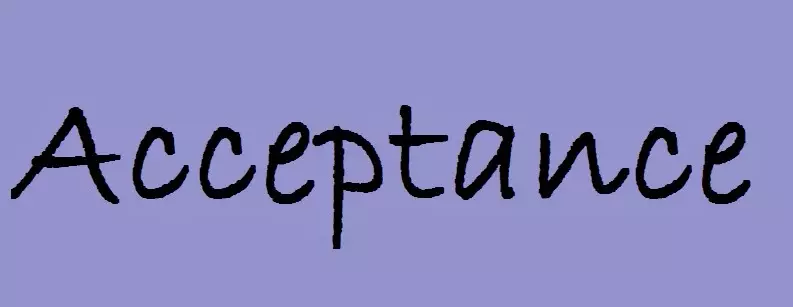What is a Continuing Guarantee? How can it be revoked?
Continuing Guarantee:
A guarantee may be given in two ways, on the basis of these ways, there can be two types of guarantees: specific and continuing:
Specific Guarantee: When a guarantee is given for a single transaction or debt, it is called a specific or simple guarantee. It comes to an end when the debt is duly discharged or the promise is duly performed.
Continuing Guarantee: It is a guarantee for a series of transactions. According to Section 129, continuing guarantee extends to a series of transactions. The liability of surety in this case extends to a number of transactions and he becomes liable for the unpaid balance at the end of the
guarantee
Example: A, in consideration that B will employ C in collecting the rents of B’s zamindari, promises B to be responsible to the amount of Rs. 50,000, for the due collection and payment by C of those rents. It is a continuing guarantee.
Revocation of a Continuing Guarantee: The revocation of guarantee means the cancellation of the guarantee. On revocation the liability of surety comes to an end. A continuing guarantee may be revoked as regards future transactions under the following circumstances:
By notice of revocation by the surety: A surety may revoke the continuing guarantee by giving a notice of revocation to the creditor. However, surety remains liable for transactions already entered into before revocation [Section 130]. Example: A guarantees to B, to the extent of Rs. 10,000, that C shall pay all the bills that B shall draw upon him. B’ draws upon C a bill. C
accepts the bill. A gives a notice of revocation. C dishonors the bill at maturity. A is liable on his guarantee.
By death of surety: A continuing guarantee is automatically revoked as regards future transactions on surety’s death and no notice of death is required to be given to the creditor. But for the transactions already entered into, the estate of the surety is liable [Section 131].
In the same manner as the surety is discharged: A continuing guarantee is also revoked under the same circumstances under which a surety’s
liability is discharged, that is:
- — By variance of the terms of contract.
- — By release or discharge of principal debtor.
- — By arrangement with principal debtor.
- — By creditor’s act or omission impairing surety’s eventual remedy.
- — By loss of security.





